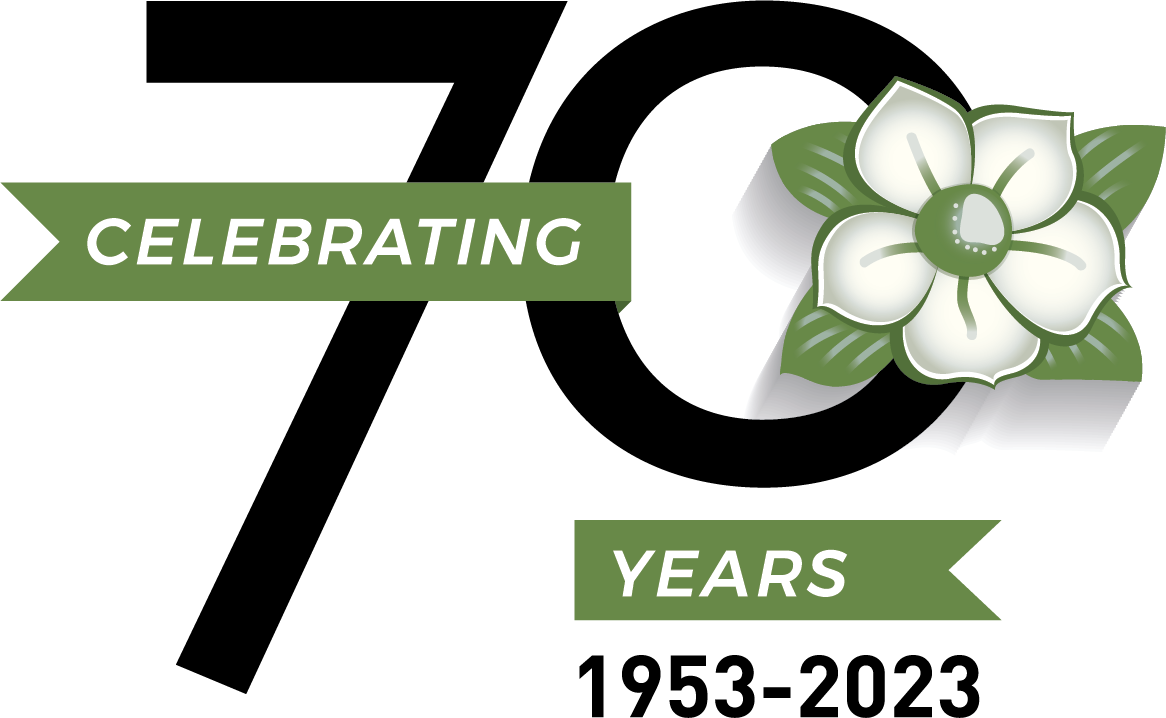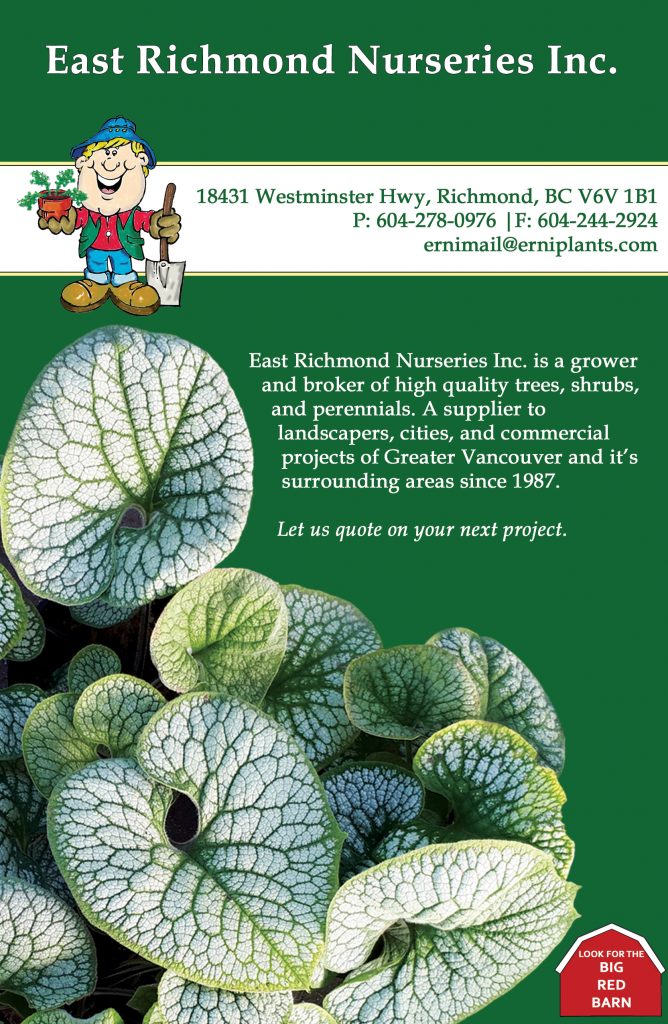BCLNA hosted our Japanese Beetle Technical Briefing Session on Wednesday, June 21, 2023.
This informative webinar provided updates on the 2023 eradication program and everything landscapers, arborists, and professional horticulturalists need to know for working in the regulated area.
Presentations were given by:
- Jason Crandall of the Canadian Food Inspection Agency (CFIA)
- Pest biology and 2022 beetle numbers
- New regulated areas, materials, and movement control guidelines
- VIEW THE SLIDE DECK
- Tracy Hueppelsheuser of the BC Ministry of Agriculture, Food
- 2023 private and public lands treatment plan
- VIEW THE SLIDE DECK
Questions and Answers
What caused the spike in JB numbers in 2018?
The first Japanese Beetle detection was in 2017. At that time, trap numbers were low and there was no treatment applied until the following year. After the first traps were set in 2018, trapping numbers have been increasing each year and are now at almost 6,000 traps to ensure that the pest is being detected.
How long does it take CFIA to do a site assessment?
Site assessments do not always have to take place on site – they may be done virtually if sufficient photos and information have been provided; however, if a site visit needs to take place, CFIA will visit within 5 business days (the same standard as movement certificates).
To contact the Canadian Food Inspection Agency (CFIA):
- Call: 604-292-5742
- Email: [email protected]
- Website: inspection.canada.ca/jb (English) or inspection.canada.ca/sj (French)
What are the stipulations for exempted articles?
Exempted articles outside of the flight period are only valid if they are moved into a regulated area after the flight time is over (October 15) and moved out of the regulated area before the flight time begins (June 15).
Does everyone have access to read through the D-96-15 Directive?
Yes, it is publicly available on the CFIA website and accessible to everyone. That being said, it is a broad regulatory document, and there is more helpful operational information on the website.
Read the Guidance Document which has more detailed information applicable to day-to-day activities
What are the repercussions for non-compliance?
The CFIA has a compliance framework, and they review non-compliance on a case-by-case basis considering the extent of the non-compliance, its impact, and whether it is a repeat offence. Their initial approach is one of education; however, for repeat or extreme non-compliance, administrative penalties (fines) will be imposed. The CFIA will also increase auditing and monitoring of those who have been found to be non-compliant.
More specific information about the possible consequences of non-compliance can be found here.
Where do multi-use certificate holders dispose of plants with soil?
The best solution is to remove soil from the plant by shaking it or even cutting the plant off the soil. Otherwise, it must go to the Vancouver Landfill in Delta.
How was green waste handled last year?
Last year, green waste was composted instead of deep buried.
Are Vancouver residential green bins still treated as 'JB' waste?
Yes, in that it is composted, but people must not dispose of soil in the bins as it spoils the compost.
What is the re-issue date for those who already hold past movement certificates?
If a company holds a movement certificate that was received prior to May 5, 2023, it needs to be re-issued. The CFIA is prioritizing these cases.
How do Burnaby and Port Coquitlam handle their green bins?
Burnaby’s Eco Centre accepts green waste and Japanese Beetle plants with small amounts of soil. Large amounts of soil or turf grass must go to the Vancouver Landfill*. For more information, see the Eco Centre website.
Port Coquitlam takes their green waste to the Convertus biofuel facility in Surrey. All cities do not want soil in their green bins, but Port Coquitlam treats all green waste as if there is soil in it. For more information on the biofuel facility, click here.
All municipalities manage Japanese Beetle waste in a manner that ensures no beetles in any growth stage can survive.
*It is important to note that if you are taking Japanese Beetle regulated material directly to the Vancouver Landfill for deep burial, you must fill out an application first. This can take up to 24 hours.
Are there any anticipated changes to the Best Management Practices?
No. Sanitation and ensuring that trucks have no extra green waste on them is still good practice. Making sure the load is properly tarped, etc, is still valid.
CFIA’s updated Guidance Document includes Best Management Practices.
Thank you for your cooperation!
- Work respectfully with City officials, the CFIA and other government officials.
- Inform your clients and business associates about the efforts and regulations to eradicate this pest. Advise them of the potential for added fees for disposal of soil and green waste.
- Please report any non-compliance of green waste and/or soil being removed from the area by sending the license plate and/or company name of the offender to the CFIA at
[email protected]
Contacts and Resources
| Area of Responsibility | Involved Agencies | Website | Contact Information |
|---|---|---|---|
| Eradication Effort | Ministry of Agriculture/Invasive Species Council of BC | https://bcinvasives.ca/invasives/japanese-beetle | ISCBC at 1-888-933-3722 or BC Ministry of Agriculture at 604-556-3001 |
| Surveillance | Canadian Food Inspection Agency (CFIA) | https://www.inspection.canada.ca/jb | CFIA at 1-800-442-2342 |
| Regulated Area & Movement Restrictions | Canadian Food Inspection Agency (CFIA) | https://www.inspection.canada.ca/jb | CFIA at 1-800-442-2342 |
| Movement Certificates | Canadian Food Inspection Agency (CFIA) | https://www.inspection.canada.ca/jb | CFIA at 604-292-5742 or [email protected] |
| Treatment | BC Ministry of Agriculture | Tracy Hueppelsheuser at [email protected] | |
| General Coordination and Outreach | Invasive Species Council of BC | https://bcinvasives.ca/invasives/japanese-beetle | ISCBC at 1-888-933-3722 |
| Professional Landscaper Technical Information | BCLNA | https://bclna.com/japanesebeetle/japanese-beetle-information-for-the-landscape-industry/ | Coreen Rodger Berrisford at 604-575-3516 or [email protected] |
Sign up for regular Japanese Beetle updates!



